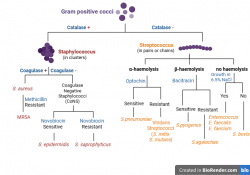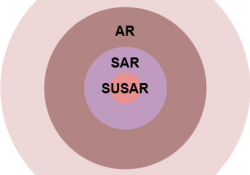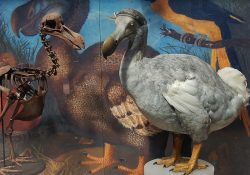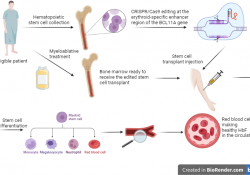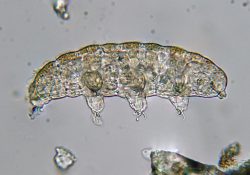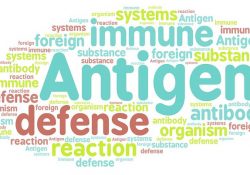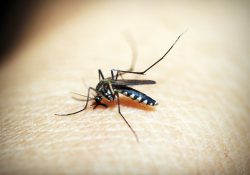How to identify Gram-positive cocci
One day, you woke up with a mild irritation on your arm. The skin was red and itchy. You paid no attention. But the next day, you noticed more bumps filled with pus. It looked concerning, so you decided to… Continue Reading

